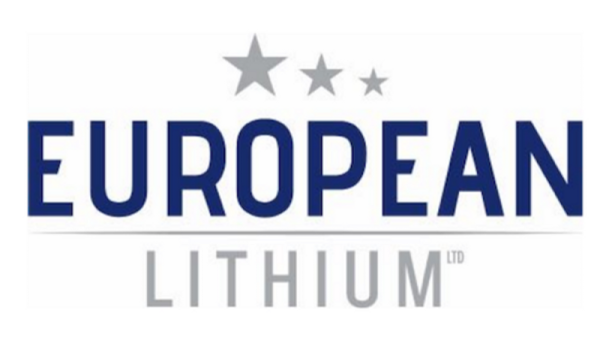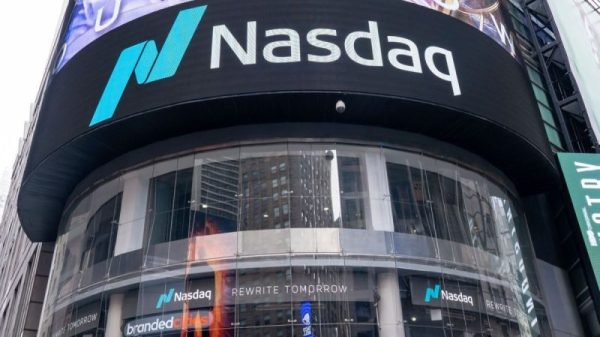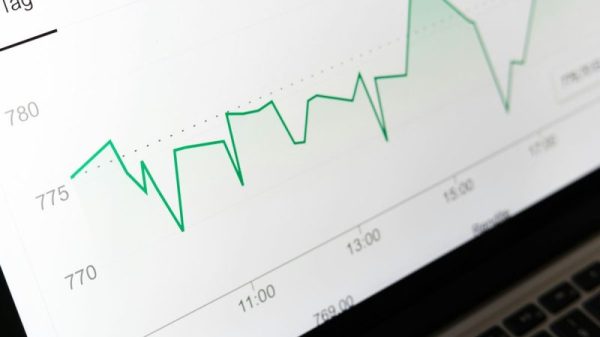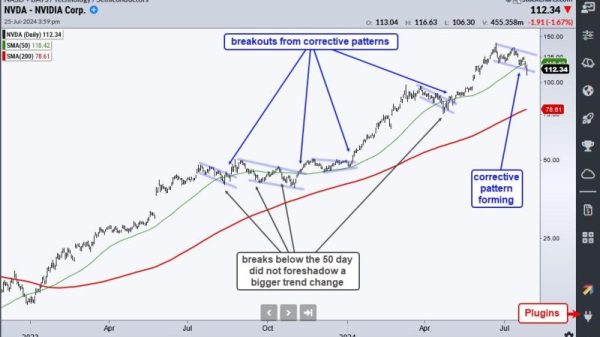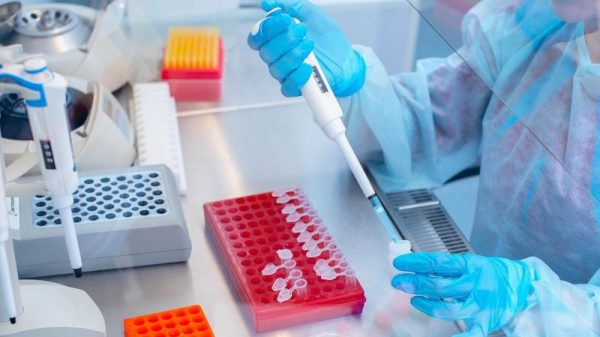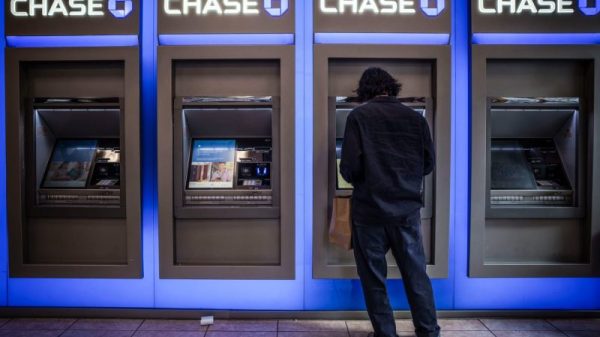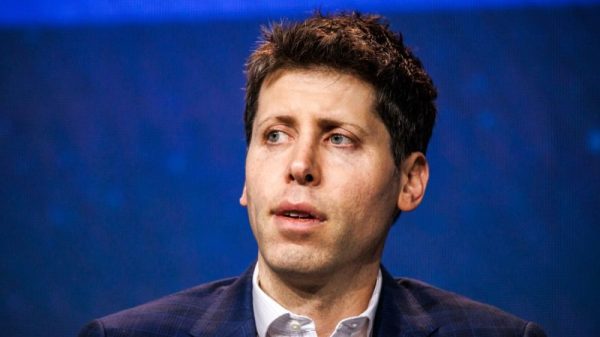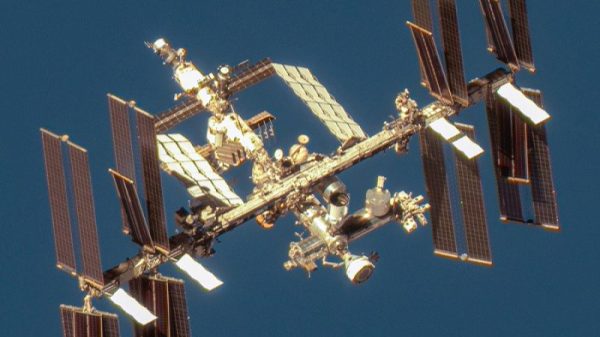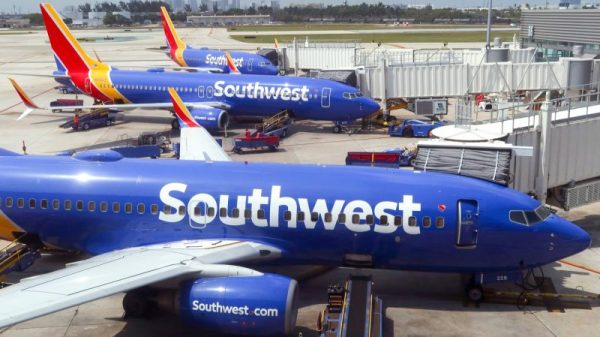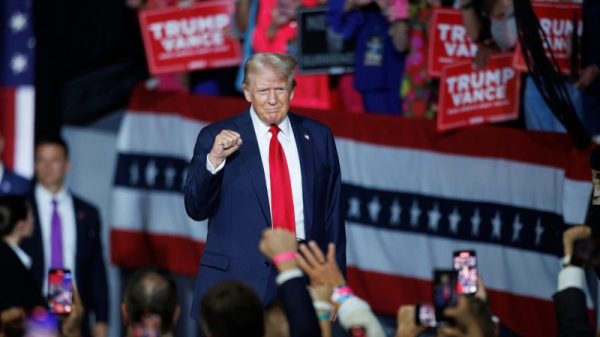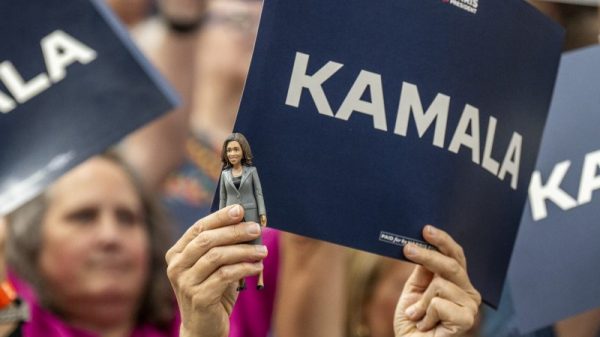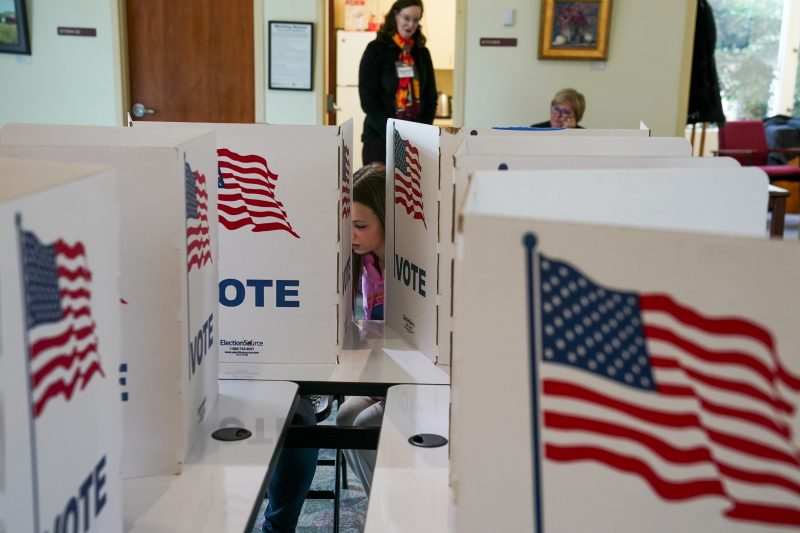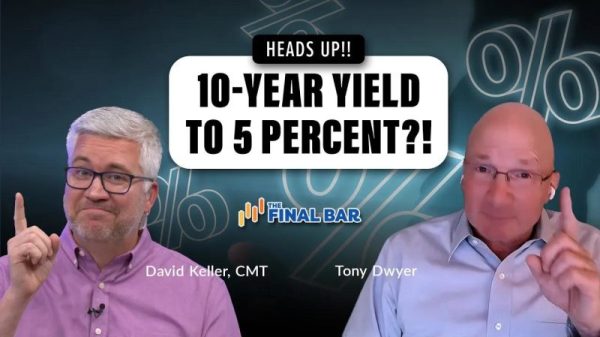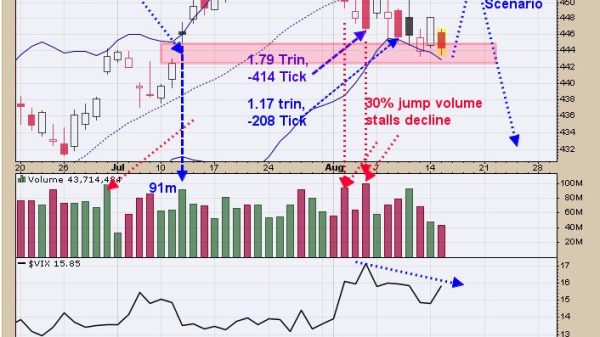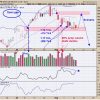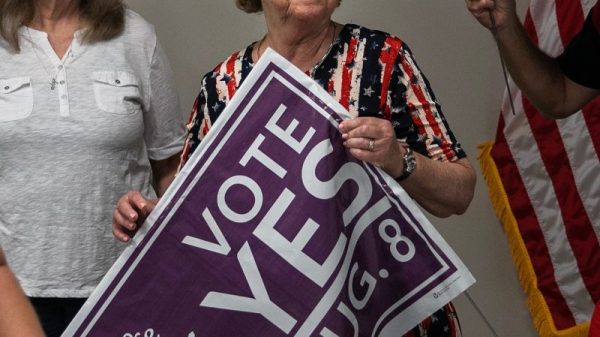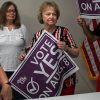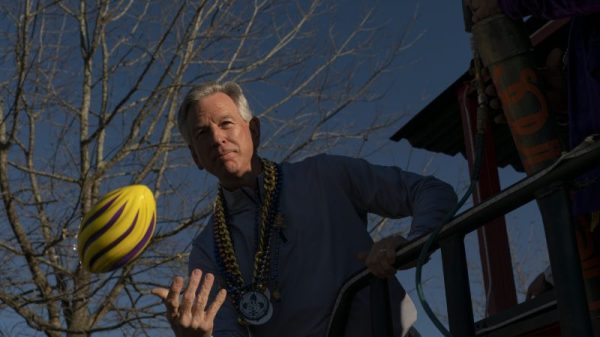President Biden and former president Donald Trump clinched their parties’ nominations for the White House on Tuesday after the voters spoke — about 10 percent of them, that is.
A Washington Post analysis found that only about 1 in 10 of voters nationwide who are eligible to vote in the general election participated in the primaries or caucuses that led to Biden and Trump winning the number of delegates required to secure their nominations Tuesday.
Turnout was low this year, even for primary nominating contests that typically attract fewer voters than general elections. In 2016 and 2020, about 15 percent of eligible voters participated in the primaries and caucuses that took place in the same states that voted so far this year.
The percentage of eligible voters who participated in nominating contests this year through Tuesday will grow marginally as some states, including California, continue to count ballots, but is still expected to lag behind 2016 and 2020.
Part of what probably contributed to this year’s low voter turnout was that it seemed a “foregone conclusion” that Biden would be the Democratic nominee, and because polls showed Trump dominating the Republican field from early on in the primary cycle.
“That low turnout is dangerous,” said Deb Otis, research and policy director for FairVote, a nonpartisan group that pushes for ranked-choice voting as one way to engage more voters. “This low turnout is not reflective of the entire country.”
By Super Tuesday, only former U.N. ambassador Nikki Haley remained as a major challenger to Trump in the GOP primary. In addition, Trump has campaigned less frequently than in past cycles, and Biden has only recently started ramping up campaign-adjacent events.
“One of the strongest predictors of turnout is competition,” said Michael McDonald, a political science professor at the University of Florida who studies voter turnout. “When you have a very competitive election, you’re going to have higher turnout.”
In 2016, both the Republican and Democratic primaries boasted a crowded field of candidates vying for their party’s nomination. The GOP race that year was competitive well into May, with Trump, Sen. Ted Cruz (Tex.) and former Ohio governor John Kasich remaining in the race. That year, Trump did not secure a majority of delegates until May 26.
The Democratic primary in 2016 was also competitive for longer, with former secretary of state Hillary Clinton securing the number of pledged delegates required for the nomination in early June that year. Similarly, the 2020 Democratic primary saw a field of two dozen candidates at one point, and Biden clinched the nomination that year in early June.
Other unique circumstances may have depressed voter turnout this year. The Iowa GOP caucuses saw their lowest turnout in decades, amid dangerous blizzards that swept the state that week.
Kelley Koch, chair of the Dallas County GOP in suburban Des Moines, said the subzero temperatures in Iowa played a role in the low turnout — along with Trump’s “MAGA grasp” on the electorate.
“They knew Trump would win,” Koch said. “They knew he would dominate and then went: ‘Eh, look at the weather. I’ll stay home and watch football because I know Trump’s gonna win.’”
The nominating contests in Nevada were particularly lackluster because there was no real competition. Only Haley’s name was on the ballot for the primary, while Trump participated in separate GOP caucuses, through which the actual Republican delegates for Nevada were awarded.
Georgia, which held its primaries Tuesday, moved its contests up in the calendar compared with 2020, partly in the hope that it could play a bigger role in picking the GOP nominee.
“We thought we might … be the determining state,” Georgia Gov. Brian Kemp (R) told reporters Tuesday. “It ends up we’re kind of an afterthought at this point.”
Turnout was also down in Texas, which hosted key moments in the past two presidential primaries. Four years ago, Biden spent the day before Super Tuesday in Texas, rallying with former primary rivals as he cemented his post-South Carolina comeback. And in the 2016 Republican primary, Cruz worked hard to decisively win his home state as he pursued a direct matchup against Trump.
“Voters don’t want to watch a rerun, and what we’ve got in this matchup is effectively a rerun,” said Brandon Rottinghaus, a political science professor at the University of Houston. “This cycle’s really only activating the most attentive — the most core, interested — voter. Everyone else seems to be left out, and I think that’s what’s going on.”
Some election reformers have suggested a national primary day, where all the nominating contests would be held on a single day. That would probably expand turnout, but it also has its downsides, said Mattias Polborn, a Vanderbilt University professor who has written about primaries. Candidates would not be able to build momentum state-by-state, much like Biden did in the 2020 primary, when his first victory did not come until South Carolina.
“With a national primary day, Biden in 2020 probably would not have been the winner,” Polborn said. “It was very helpful for him to have three states [to gain traction].”
Scott Clement and Patrick Marley contributed to this report.

